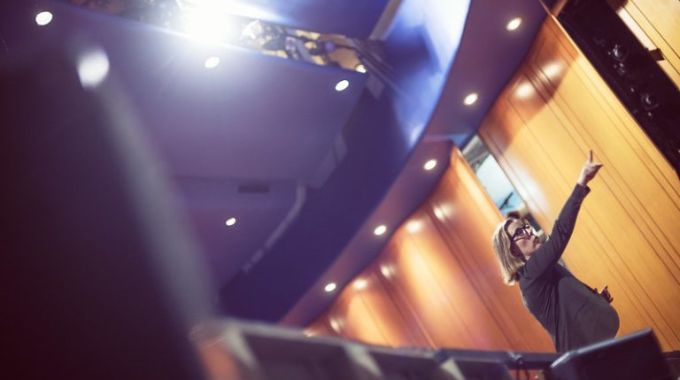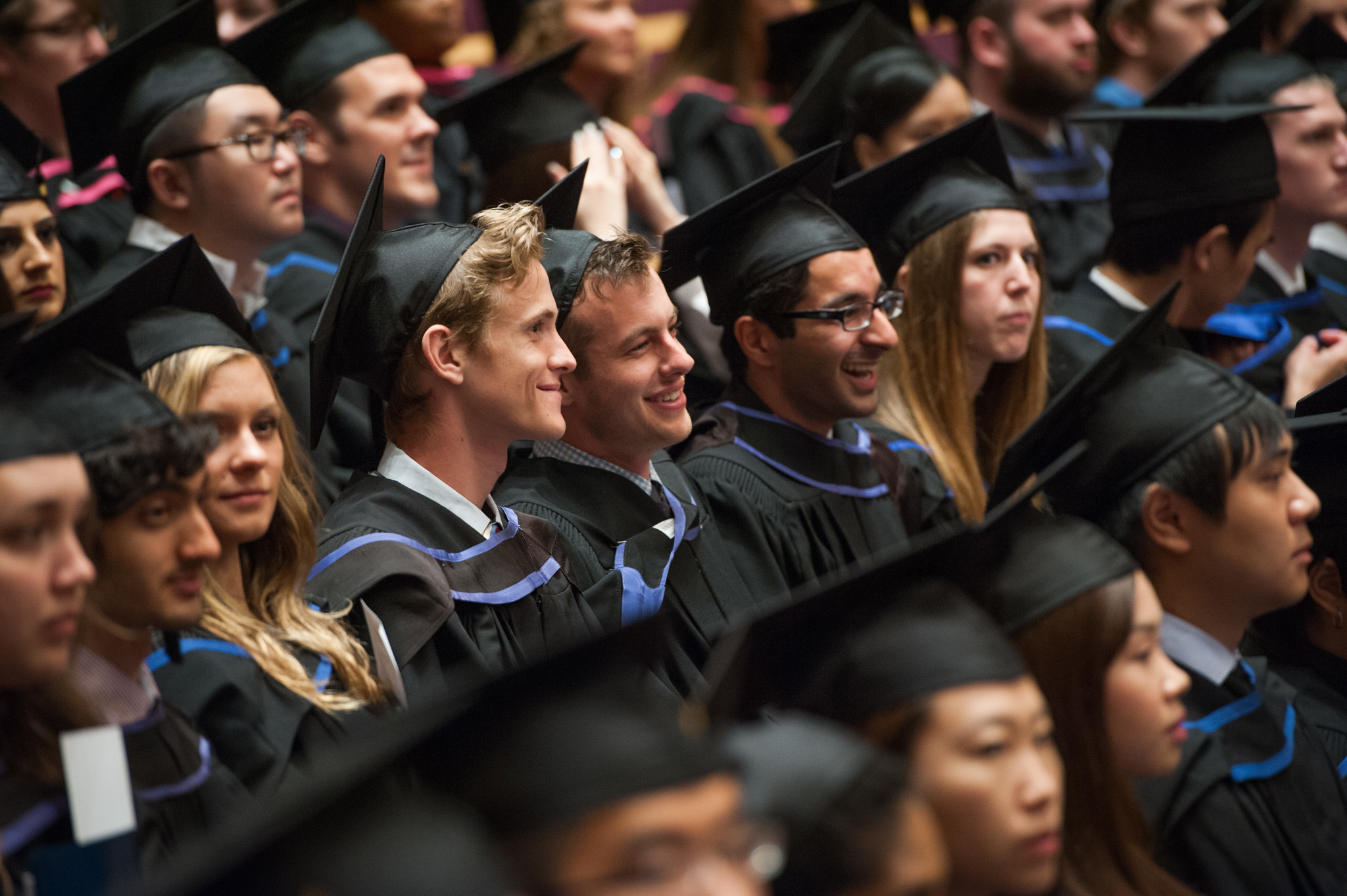From Professor Mila Zuo:
We live in an era of endings, or so the story goes. Recent scholarly engagements with notions of terminus, as well as of the beyond or of afterlives, center on issues relating to mass extinction, climate change, or the ends of capitalism and worlds as we know it. However, it bears noting that from the perspective of indigenous, postcolonialism, and critical race and ethnicity studies, the end of the world has already arrived for many populations around the world. How do such concepts and ideas appear in or coincide with contemporary cinema and media? This symposium invites eminent Canadian director and artist Jeff Barnaby and his latest feature Blood Quantum (2019), as well as (Gettysburg College) for a special one-day colloquium to share their enriching work and thoughts on these topics and more with the UBC community.
To learn more about Mila Zuo, visit: https://theatrefilm.ubc.ca/profile/mila-zuo/
Keynote presentations:
Indigenous ecocinema: Reframing the End of the World
By Dr. Salma Monani, Gettysburg College, 9:30 – 12:30 p.m.
This talk is about d-ecocinema. D-ecocinema attends to Indigenous cinema’s specific contributions to understanding media’s relations to the environment. I argue that drawing on their Indigenous roots and ways of knowing, many contemporary Indigenous filmmakers are imaginatively articulating media’s relations to place and body to immerse viewers in entanglements of earth and flesh. Such material entanglements reframe how viewers might approach “the end of the world.”
Featuring screening of The Incredible 25th year of Mitzi Bearclaw and a Q&A with director Shelley Niro.
Cute Dystopia: Genre, Production, and Bong Joon-Ho’s Eco-critical Cinema
By Dr. LeiLani Nishime, University of Washington, 3 – 4:30 p.m.
Drawing from her co-edited book Racial Ecologies, Dr. Nishime will argue for the importance of science fiction cinema for imagining alternative futures. Using the films of Bong Joon-Ho as case studies, her talk will examine both the realist domestic drama of Parasite and the dystopic science fiction of Snowpiercer and Okja to trace how these films depict food and migration as linked environmental concerns. By contextualizing the films’ generic choices within the distinct production and distribution networks of the US studio system, the Korean film industry, and Netflix’s multinational reach, the talk will address how flows of capital work in conjunction with aesthetics to limit or expand the possibilities for anticipating anti-capitalist and anti-colonial environmental futures.
Screening of Blood Quantum (2019) and Q&A:
Screening of director Jeff Barnaby’s feature film, followed by a special Q&A with Jeff Barnaby, 6 – 8 p.m.
About Blood Quantum:
A zombie virus decimates all of Earth’s population, except the Mi’qmaq community of Red Crow.
Note:
Keynote presentations will be addressed to the university and department, but the “Blood Quantum” screening and Q&A with Jeff Barnaby are open to the public.
Details:
Date: March 9, 2020
Times: 9:30 a.m., 3 p.m., and 6 p.m.
Location: All events will take place in the Royal Bank Cinema, Chan Centre
This event is sponsored by the Centre for Cinema Studies and the Department of Theatre and Film at UBC in honour of the 60th Anniversary of the Department of Theatre and Film celebrations.
[For more information about the symposium, please contact mila.zuo@ubc.ca]


